Come on inn: in praise of the pub

In the cult classic film Shaun of the Dead the hapless hero, on the run from hordes of zombies, decides to take refuge in The Winchester: his local pub.
It’s a comical course of action – but to many Brits, a relatable one. Pubs hold a special place in British culture: 17th-century diarist Samuel Pepys (perhaps apocryphally) called them “the heart of England”, and despite attempts across the world to recreate their spirit, they have proven a peculiarly and exclusively British phenomenon.
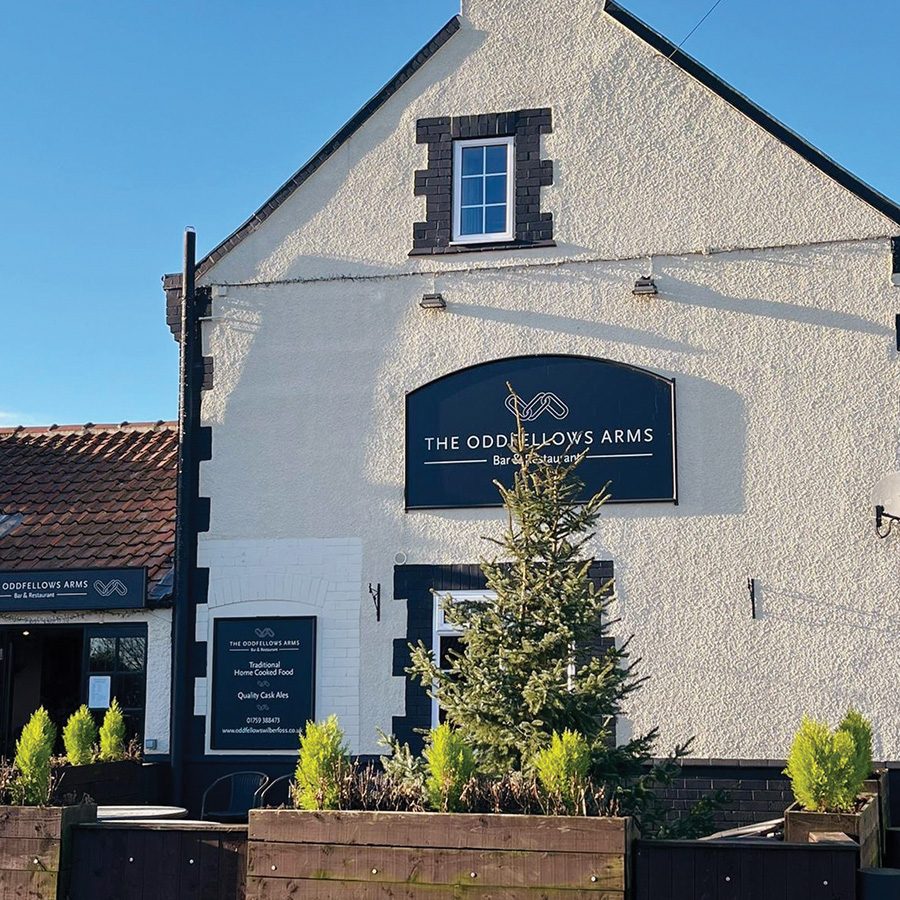
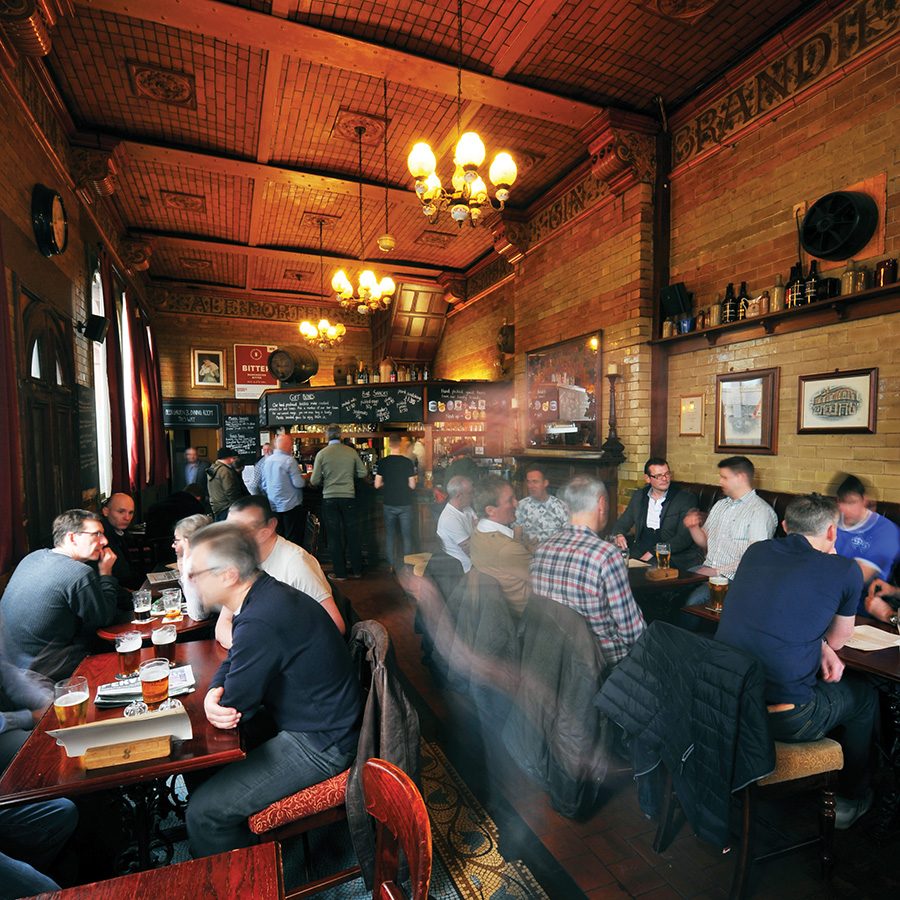
Ask around, and most people are likely to have their own version of The Winchester; in my case, it’s The Oddfellows Arms, the much-loved watering hole of the Yorkshire village where I grew up.
“Some people go to the pub every day, and not because they need a drink,” my sister Katherine, who worked as a bartender at “The Oddies” (as it’s known) for more than 15 years, tells me. “It’s very much about socialising among the community.”
In times of uncertainty – a pandemic, a recession or indeed, even a zombie apocalypse – pubs in the UK feel like old, trusted friends. Those familiar edifices – some black and white Tudor-style buildings with low timber beams and crackling fireplaces, others elegant Victorian redbricks with brass wall lamps and polished bar tops – out of which spill light, warmth and chatter, are a reassuring constant.
“People see the lights and seats, and the doors tend to be open, so you always get people congregating,” says Joe Ince, head brewer at Marble Beers. This Manchester brewery was born out of The Marble Arch, a pub which has stood in the city’s Angel Meadow district – a notorious slum during Britain’s Industrial Revolution, now a trendy, tree-lined neighbourhood – since 1888.
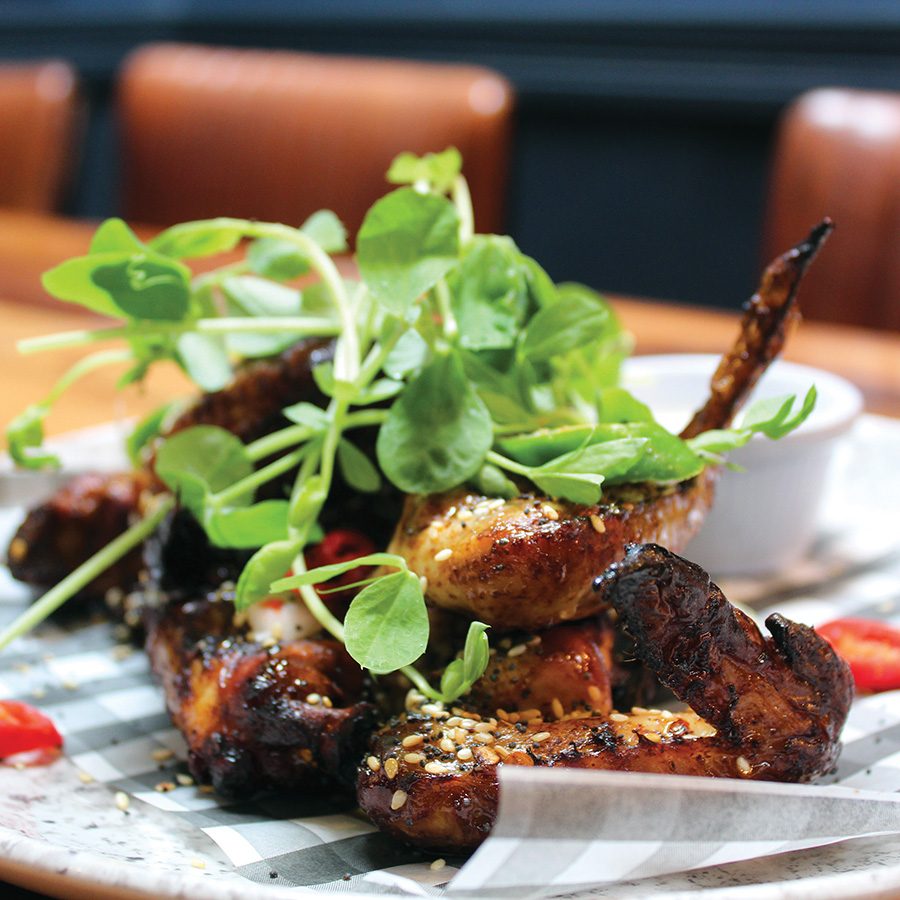
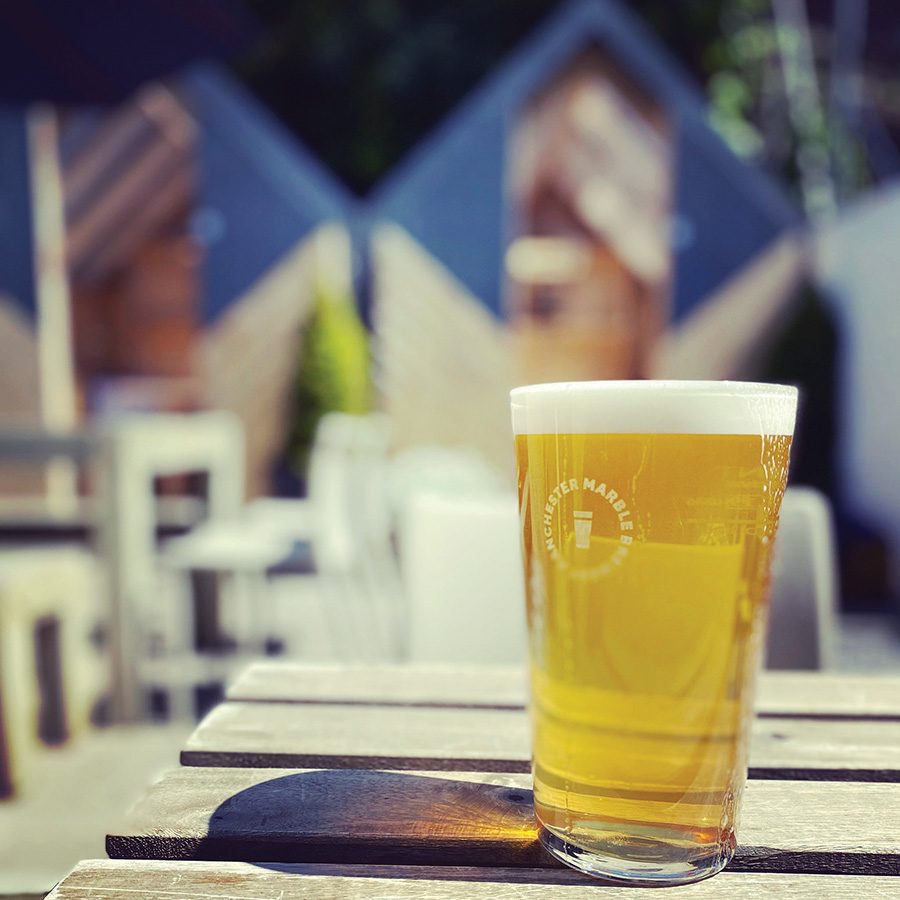
“Sitting in there is like being transported back in time,” says Ince of the building, which boasts an original sloping mosaic floor and semi-vaulted ceiling. “A public house with so much history – you can imagine the countless shenanigans and tears, smiles and kisses over its 130 years.”
Yet while they are a nostalgic cornerstone of British culture, the pub isn’t quite the fixture in national life it once was. Soaring costs, redevelopment, falling alcohol consumption and the rise of work from home have all threatened its existence. Pubs are closing across the country at an exponential rate.
But those that are able to thrive in such an uncertain environment are linked by their ability to innovate and embrace a wider set of patrons.
As champions of locally sourced produce and home- grown artisanship, pubs like The Marble Arch have been a major driving force behind the UK’s food renaissance of the last two decades. While pub food and drink used to be cheap and basic, a revolution within the British food scene over the last few decades has given rise to the “gastropub”, seats of high-quality dining and drinking, many outside the major cities.
“We’re proud of our locality”, says Ince. “We put a brewery in the back of the pub in 1997, and it kept growing until we moved it to a bigger facility in 2019.”
Both ventures continue to operate in tandem, creating a positive feedback loop on customers’ ever-evolving tastes. “Our pub and the brewery almost challenge each other,” Ince explains. “We want the focus we put on producing high-quality beers, wines and spirits to be reflected in the food we serve. Our chef is really good at taking our beers and incorporating them into dishes in interesting ways.”
Of course, as with any beloved institution, there is a balance to be struck between embracing change and honouring tradition pub classics. As Katherine notes, keeping it local is important. “Some of the people at The Oddfellows had been going 50, 60 years,” she says. “They don’t necessarily want fancy stuff, especially if it means they get priced out.”
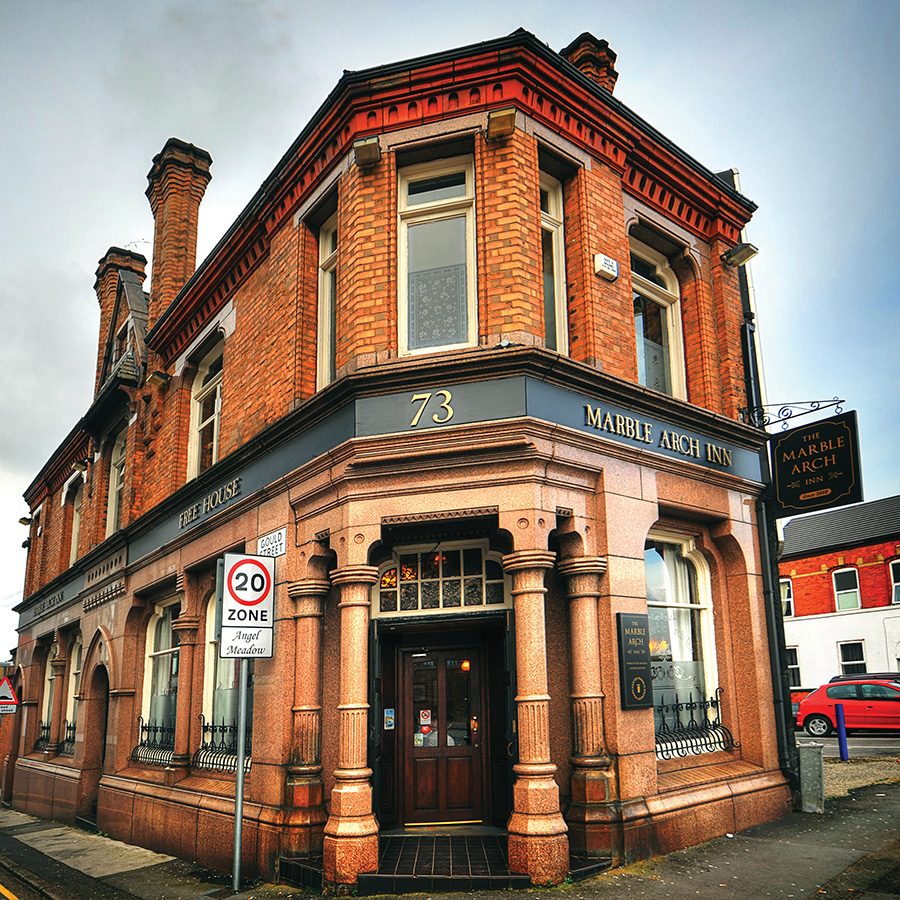
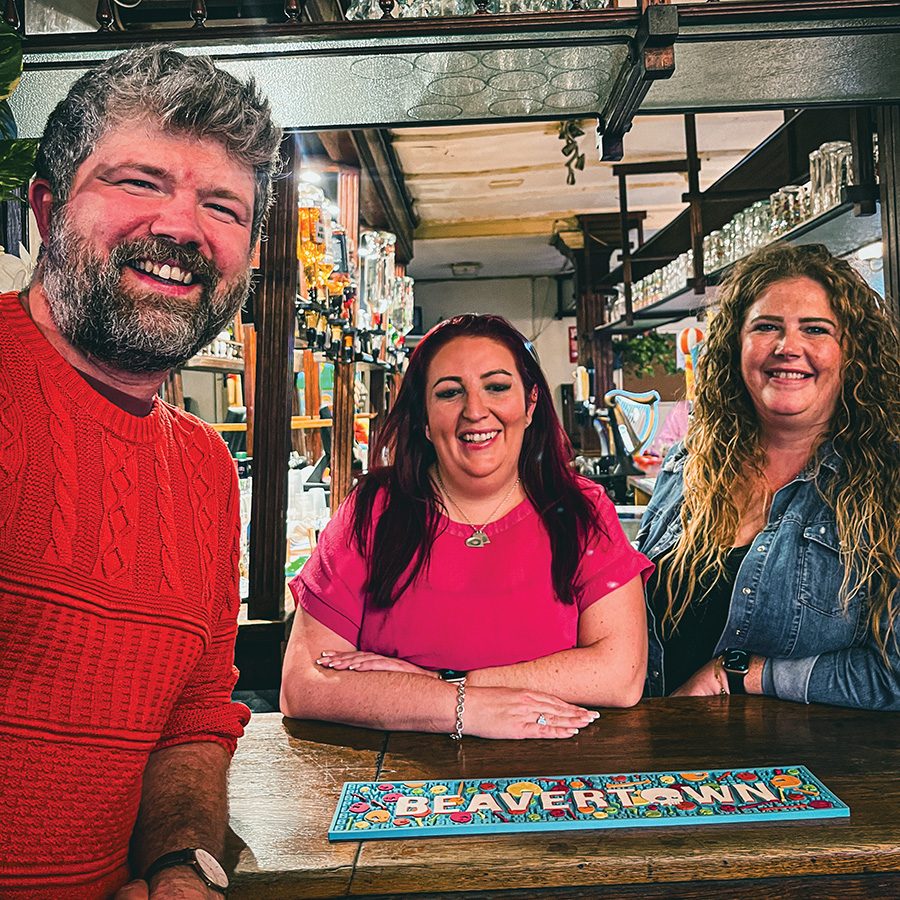
Ince agrees: “What we want is somewhere where everyone’s welcome. You could have business travellers sitting on a table next to guys who are just coming off a shift at the post office over the road. Tourists can come in and sit next to regulars.”
Few pubs acknowledge the importance of inclusivity more than The Star of Greenwich. A 19th-century pub in a London borough renowned for its history and culture, The Star was saved from closure in 2022 by three neighbourhood friends: Kirsty Dunlop, Lisa Donohoe and James Gadsby Peet. With the help of crowdfunding, they transformed it into an entirely community-run, not-for-profit enterprise. By day, use of the pub’s rooms is free to local community organisations, including a children’s playgroup and English-language learning group. In the evenings it opens its doors to regular patrons, newcomers and everyone in between.
The Star’s revamp preserves the best of its heritage while making it accessible to a wider demographic, creating a modern iteration of that crucial sense of community that underpins the pub experience.
Dunlop fondly recalls seeing “a lovely young couple who had never been to the pub before speaking to a regular named Don – an Irish man who’s 90 years old. There they were, laughing and having fun together. We realised: this is why we’re doing this.”
It was this cherished aspect of the job that made my sister keep going back to The Oddfellows Arms even after moving away from our village.
“The regulars always joked that if a new owner came along, I’d be on the fixtures and fittings list. I’m part of the pub; you’ve got to have me!”
She’s right: pubs are the sum of everyone who eats, drinks, serves, converses, celebrates and commiserates in them, growing and changing as we do. No wonder they feel like old friends.